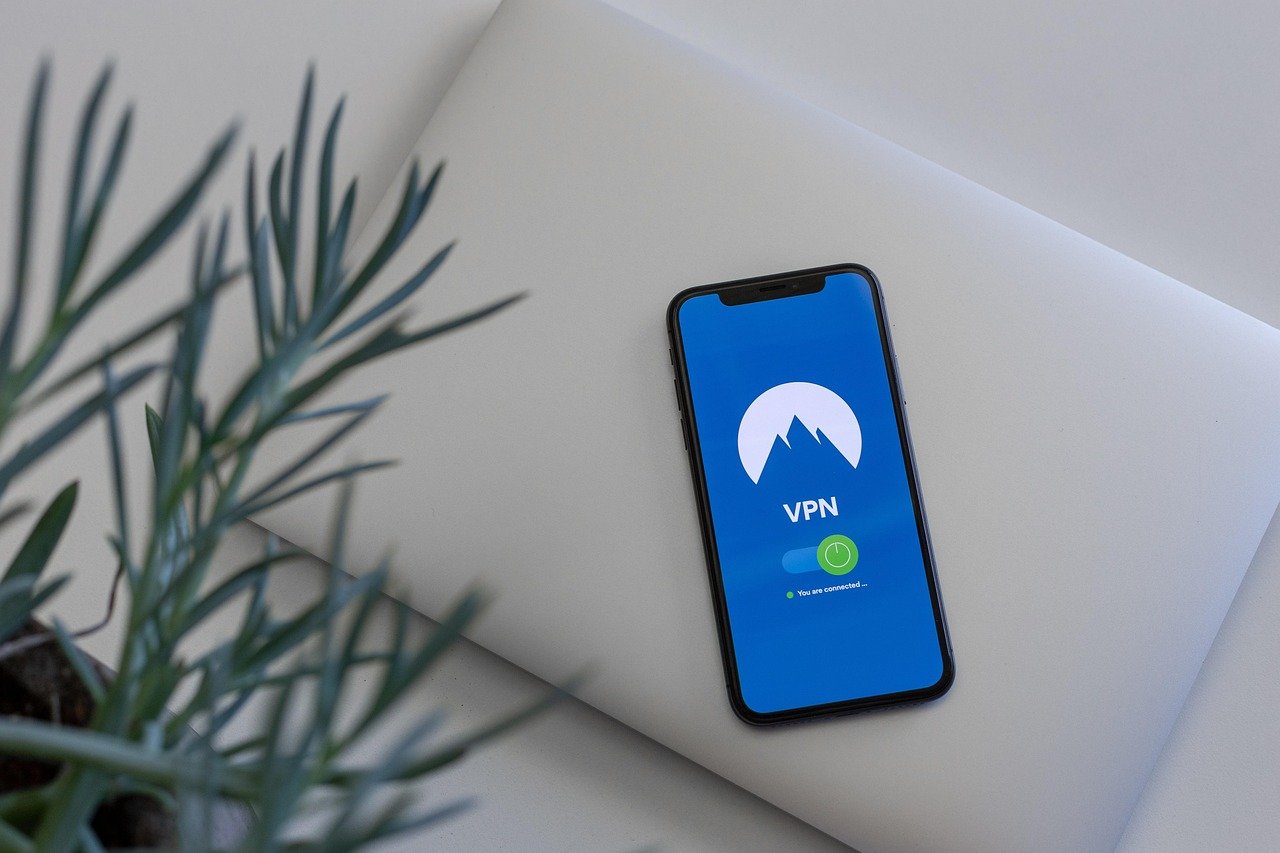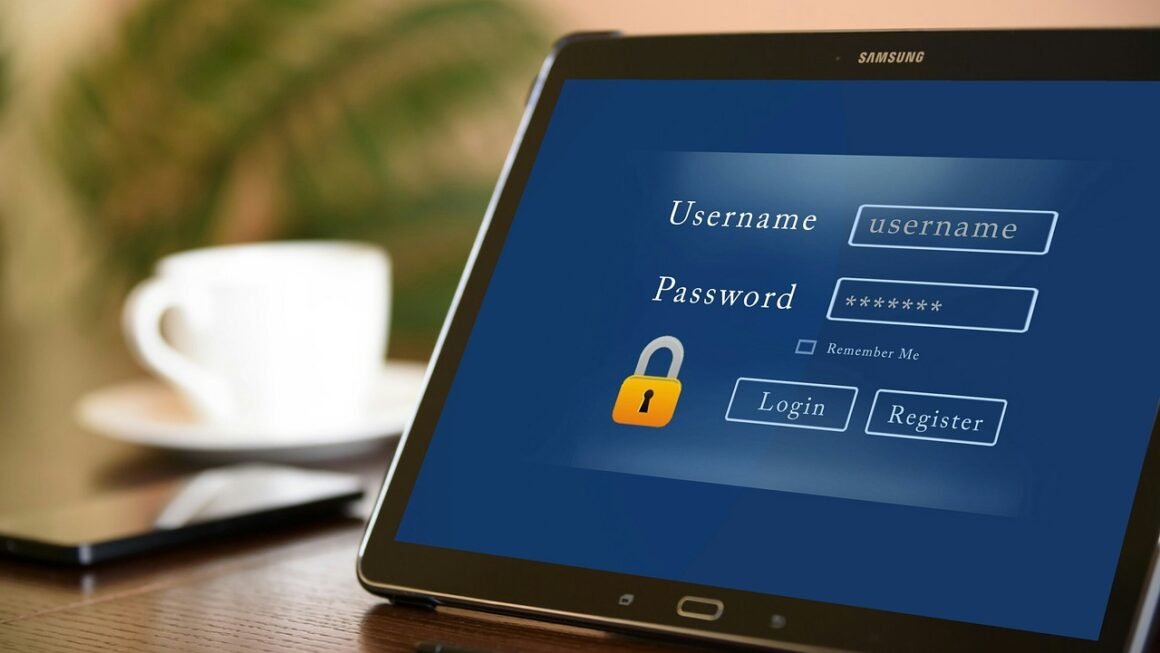Protecting your digital life is more critical than ever. With the rise of sophisticated cyber threats targeting individuals and businesses alike, relying solely on default security settings simply isn’t enough. Antivirus software serves as your first line of defense, actively safeguarding your devices and data from a constantly evolving landscape of malware, ransomware, phishing attempts, and other online dangers. This comprehensive guide will explore everything you need to know about antivirus software, helping you make informed decisions to secure your digital world.
Understanding the Importance of Antivirus Software
Antivirus software is no longer just about detecting viruses. It has evolved into comprehensive security solutions designed to protect against a wide range of threats. Understanding why it’s essential is the first step in ensuring your digital safety.
The Growing Threat Landscape
The number of cyberattacks is constantly increasing. Here are a few statistics to consider:
- According to Statista, there were over 304.9 million ransomware attacks worldwide in 2023.
- Phishing attacks continue to be a major threat, with millions of individuals falling victim each year.
- New malware variants are created daily, making it challenging for even the most vigilant users to stay safe.
These statistics highlight the urgent need for robust antivirus protection.
Key Benefits of Antivirus Software
Antivirus software provides numerous benefits, including:
- Real-time protection: Continuously monitors your system for suspicious activity and blocks threats as they occur.
- Malware detection and removal: Identifies and eliminates viruses, worms, Trojans, and other malicious software.
- Phishing protection: Detects and blocks phishing attempts designed to steal your personal information.
- Ransomware protection: Prevents ransomware from encrypting your files and demanding a ransom.
- Web protection: Scans websites for malicious content and blocks access to dangerous sites.
- Email scanning: Scans incoming and outgoing emails for malicious attachments and links.
- Firewall: Monitors network traffic and blocks unauthorized access to your system.
- Actionable Takeaway: Recognize the scope of cyber threats and understand the fundamental benefits that antivirus software offers. Don’t wait until you’re a victim to take action.
Choosing the Right Antivirus Software
Selecting the right antivirus software can be overwhelming, with countless options available. Consider these factors to make an informed decision:
Factors to Consider
- Detection Rates: Look for software with high detection rates in independent tests performed by organizations like AV-Test and AV-Comparatives. These tests evaluate how effectively antivirus software identifies and blocks malware.
Example: Check the AV-Test reports for the latest scores on protection, performance, and usability.
- Performance Impact: Some antivirus software can significantly slow down your system. Choose a lightweight solution that minimizes performance impact.
Tip: Read user reviews and look for benchmarks to assess the performance impact of different antivirus programs.
- Features: Consider the features you need. Some software offers advanced features like parental controls, password managers, and VPNs.
- Usability: The software should be easy to install, configure, and use. A user-friendly interface can make a big difference in your overall experience.
- Price: Antivirus software ranges from free to premium subscriptions. Consider your budget and the features you need when making your decision.
- Operating System Compatibility: Ensure the antivirus software is compatible with your operating system (Windows, macOS, Android, iOS).
Free vs. Paid Antivirus Software
While free antivirus software can offer basic protection, paid versions typically provide more comprehensive security.
- Free Antivirus: Often provides basic malware scanning and real-time protection. May include limited features and advertising.
- Paid Antivirus: Offers advanced features like ransomware protection, web protection, email scanning, and customer support. Typically provides better detection rates and performance.
- Actionable Takeaway: Research different antivirus options, compare their features and performance, and choose the one that best meets your needs and budget. Don’t automatically opt for the cheapest or most expensive option; find the best value for your specific requirements.
How Antivirus Software Works
Understanding the mechanisms behind antivirus software can help you appreciate its effectiveness and make informed decisions about its configuration.
Core Components and Techniques
- Signature-based detection: Antivirus software maintains a database of known malware signatures. When a file is scanned, the software compares its signature to the database. If a match is found, the file is flagged as malware.
Example: If a new virus is discovered, antivirus vendors quickly update their signature databases to protect their users.
- Heuristic analysis: This technique analyzes the behavior of files and programs to identify suspicious activity. It can detect new and unknown malware variants.
Example: If a program attempts to modify system files or connect to a suspicious IP address, heuristic analysis can flag it as potentially malicious.
- Behavioral monitoring: Continuously monitors the behavior of programs and processes in real-time. It can detect and block malicious activity based on its behavior patterns.
Example: If a program starts encrypting files on your system, behavioral monitoring can detect this ransomware activity and block it.
- Sandboxing: Runs suspicious files in a isolated environment (sandbox) to observe their behavior without affecting the rest of your system.
Example: If you download a file from an untrusted source, the antivirus can run it in a sandbox to see if it performs any malicious actions.
- Cloud-based scanning: Leverages cloud resources to analyze files and detect malware. This can improve detection rates and reduce the performance impact on your local system.
Keeping Your Antivirus Software Up-to-Date
Regular updates are crucial to maintaining the effectiveness of your antivirus software.
- Automatic Updates: Most antivirus programs offer automatic updates. Ensure this feature is enabled to receive the latest virus definitions and security patches.
- Manual Updates: Periodically check for updates manually to ensure you have the latest protection.
- Actionable Takeaway: Understand how antivirus software works and the importance of regular updates. Make sure automatic updates are enabled to stay protected against the latest threats.
Best Practices for Using Antivirus Software
Antivirus software is a powerful tool, but it’s only effective when used correctly. Follow these best practices to maximize your protection:
Maximizing Your Protection
- Run Regular Scans: Schedule regular full system scans to detect and remove any hidden malware. A weekly or bi-weekly scan is generally recommended.
- Keep Software Updated: Regularly update your operating system, web browser, and other software to patch security vulnerabilities.
- Be Cautious Online: Avoid clicking on suspicious links, downloading files from untrusted sources, and opening attachments from unknown senders.
- Use Strong Passwords: Use strong, unique passwords for all your online accounts. Consider using a password manager to generate and store your passwords securely.
- Enable Two-Factor Authentication: Enable two-factor authentication (2FA) whenever possible to add an extra layer of security to your accounts.
- Use a Firewall: Enable your operating system’s firewall or install a third-party firewall to protect your system from unauthorized access.
- Backup Your Data: Regularly back up your important files to an external hard drive or cloud storage service. This will protect you in case of ransomware attacks or other data loss events.
Dealing with False Positives
Antivirus software can sometimes flag legitimate files as malware (false positives). Here’s how to handle them:
- Verify the Detection: If you suspect a false positive, research the file online to see if others have reported the same issue.
- Report the False Positive: Report the false positive to your antivirus vendor. This will help them improve their detection accuracy.
- Temporarily Exclude the File: If you’re sure the file is safe, you can temporarily exclude it from scanning. However, be careful when excluding files, as it can reduce your overall protection.
- Actionable Takeaway: Don’t rely solely on antivirus software. Practice safe computing habits and follow these best practices to maximize your protection and minimize your risk of infection.
Conclusion
Antivirus software is an essential component of any comprehensive cybersecurity strategy. By understanding the importance of antivirus protection, choosing the right software for your needs, and following best practices for its use, you can significantly reduce your risk of becoming a victim of cybercrime. Stay informed, stay vigilant, and prioritize your digital security to protect your valuable data and privacy.



